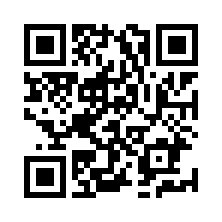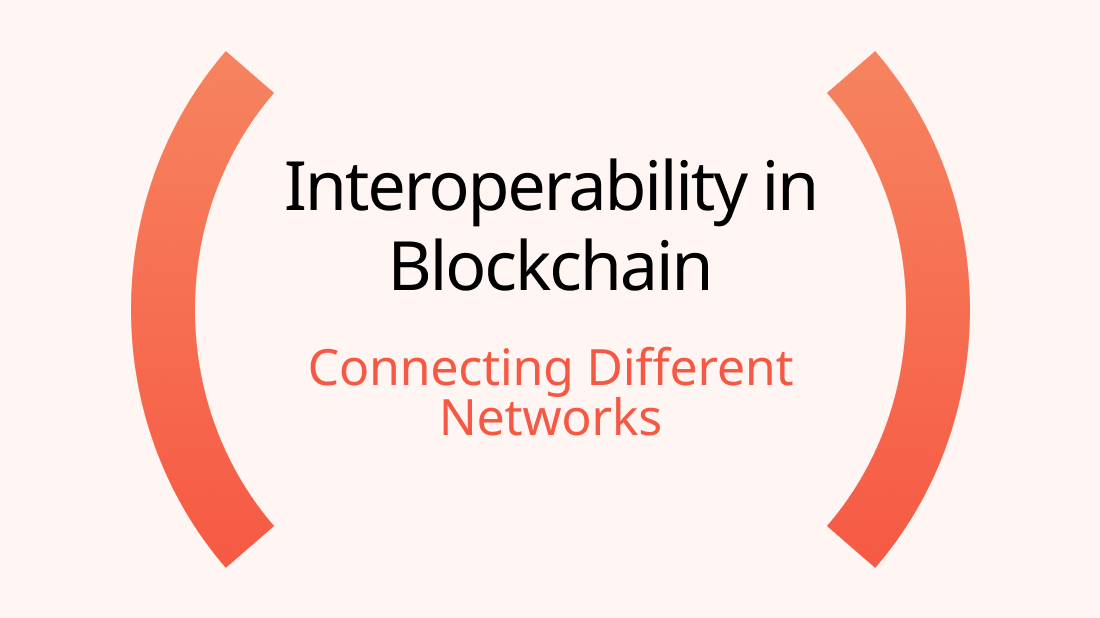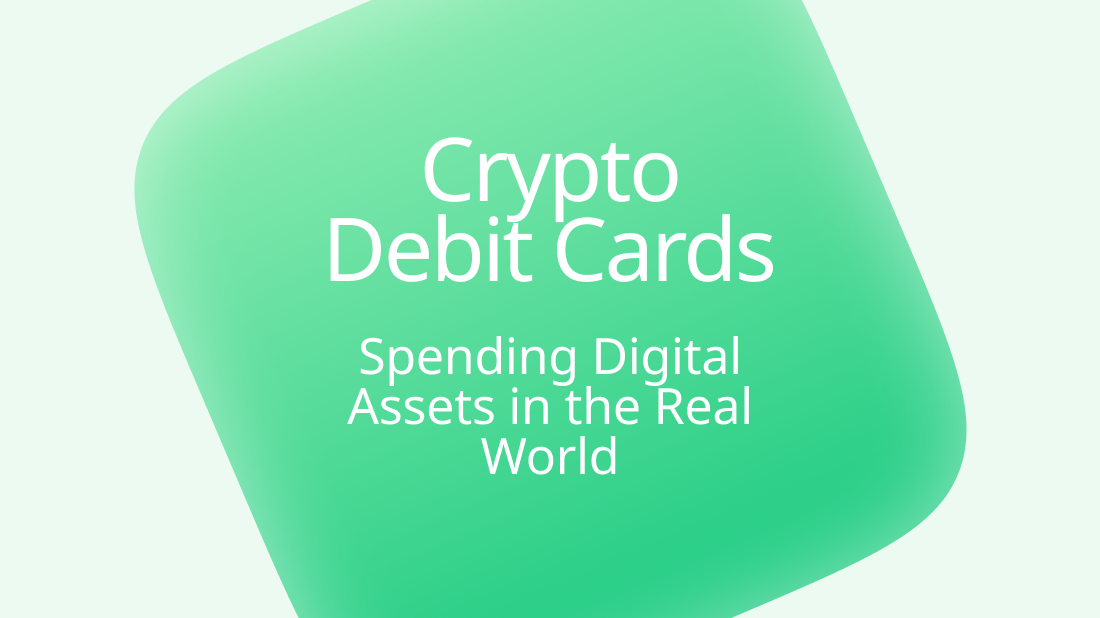Blockchain Technology: Beyond Cryptocurrency

Blockchain technology, often synonymous with cryptocurrencies like Bitcoin and Ethereum, extends far beyond digital currencies. Its potential applications across various industries promise to revolutionize the way we conduct business, manage data, and ensure transparency. This article explores the broader applications of blockchain technology, highlighting its impact on supply chain management, healthcare, and more.
What is Blockchain Technology?
The Basics
At its core, blockchain is a decentralized digital ledger that records transactions across multiple computers. This distributed nature ensures that the recorded transactions are immutable, secure, and transparent. Each block in the chain contains a list of transactions, and once a block is added, it cannot be altered retroactively without altering all subsequent blocks.
Key Features
- Decentralization: Unlike traditional centralized databases, blockchain operates on a peer-to-peer network, eliminating the need for a central authority.
- Transparency: All participants in the network have access to the same data, enhancing trust and accountability.
- Security: Cryptographic techniques secure the data, making it tamper-proof and resilient to cyber-attacks.
Beyond Cryptocurrency: Blockchain’s Broader Applications
Supply Chain Management
Enhanced Transparency and Traceability
One of the most promising applications of blockchain technology is in supply chain management. By leveraging blockchain, companies can track products from the point of origin to the end consumer. This transparency ensures that every step of the supply chain is documented and visible to all parties involved, reducing the risk of fraud and ensuring product authenticity.
Case Study: Walmart
Walmart has implemented blockchain technology to track its leafy green supply chain. By doing so, the company can trace the source of contamination within seconds, significantly reducing the time needed to address food safety issues and enhancing consumer trust.
Healthcare
Secure and Efficient Data Management
In the healthcare sector, blockchain technology offers a secure and efficient way to manage patient data. Medical records can be stored on a blockchain, ensuring that they are accessible only to authorized individuals while maintaining their integrity and confidentiality.
Case Study: Medicalchain
Medicalchain is a platform that uses blockchain technology to store health records securely. Patients have control over who can access their data, and healthcare providers can access accurate and up-to-date information, improving the quality of care.
Digital Identity
Improved Security and Control
Blockchain technology can revolutionize digital identity management by providing a secure and tamper-proof method of storing and verifying identities. This can help reduce identity theft and fraud, giving individuals greater control over their personal information.
Case Study: ID2020
The ID2020 Alliance is leveraging blockchain technology to provide digital identities to the 1.1 billion people worldwide who lack formal identification. This initiative aims to improve access to services such as banking, healthcare, and education, fostering greater financial and social inclusion.
Real Estate
Streamlined Transactions and Reduced Fraud
Blockchain can simplify real estate transactions by providing a transparent and immutable record of property ownership. Smart contracts can automate processes such as title transfers, reducing the need for intermediaries and minimizing the risk of fraud.
Case Study: Propy
Propy is a blockchain-based platform that facilitates international real estate transactions. By using blockchain, Propy ensures that all transaction steps, from signing contracts to transferring ownership, are recorded transparently and securely.
Voting Systems
Enhanced Security and Trust
Blockchain technology can address many issues plaguing traditional voting systems, such as voter fraud and lack of transparency. By creating an immutable record of votes, blockchain ensures that election results are accurate and verifiable.
Case Study: Voatz
Voatz is a mobile voting platform that uses blockchain technology to secure election data. It has been used in various elections in the United States, providing a secure and transparent voting process that increases voter confidence.
Intellectual Property
Protection and Monetization
Blockchain can provide a secure and transparent method for managing intellectual property rights. Artists, musicians, and creators can register their works on a blockchain, ensuring that they receive proper recognition and compensation for their creations.
Case Study: Mycelia
Founded by musician Imogen Heap, Mycelia uses blockchain technology to create a decentralized music database. This platform ensures that artists are fairly compensated for their work and provides transparency in the distribution of royalties.
Conclusion
Blockchain technology’s potential extends far beyond cryptocurrencies, offering innovative solutions across various industries. From enhancing supply chain transparency to securing healthcare data and revolutionizing digital identity, blockchain is poised to transform the way we conduct business and manage information. As more organizations adopt blockchain technology, we can expect to see significant advancements in efficiency, security, and transparency, driving digital innovation and shaping the future of tech applications.
By understanding and embracing these broader applications, businesses and individuals alike can leverage blockchain technology to create more secure, transparent, and efficient systems, ultimately contributing to a more innovative and equitable digital landscape.












